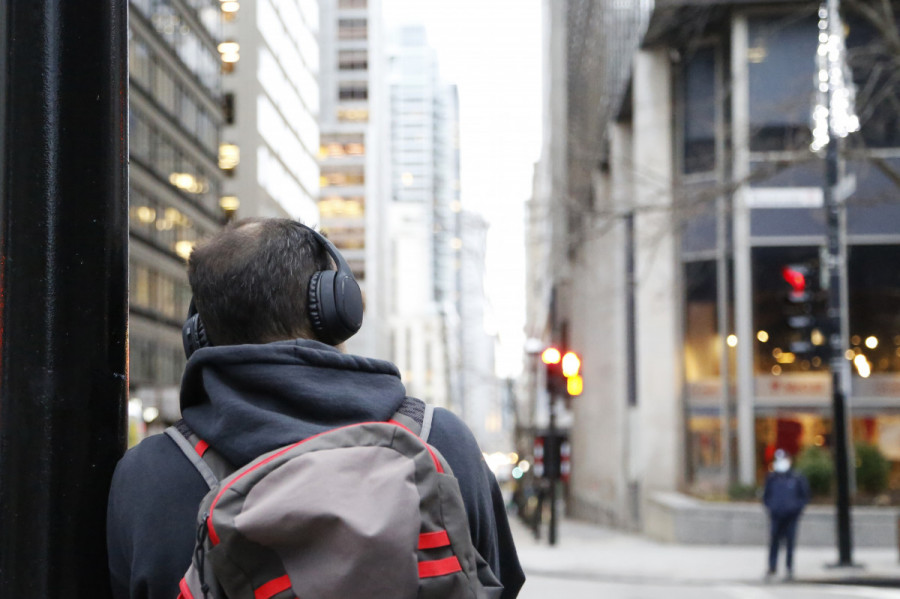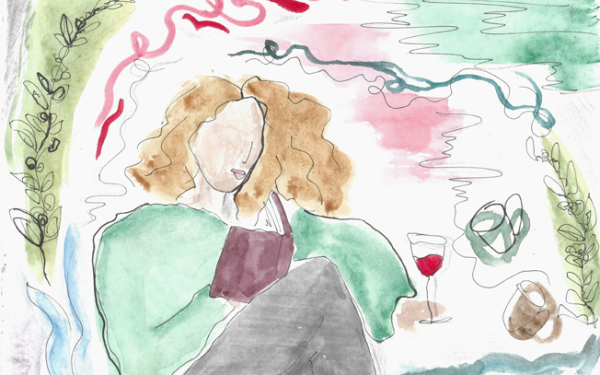Podcasts offer the intimacy that journalism lacks
Emotion is needed to tell stories genuinely
A few months ago, I was making my bed while listening to the BBC's Global News Podcast. A reporter began a story describing the effects of the pandemic in India. The numbers horrified me, but it was hard for me to truly understand what they represented.
Then, suddenly, I heard the voice of a woman crying and screaming, asking for oxygen to be provided to her father-in-law as he finally succumbed to the symptoms of COVID-19.
I froze and paused the podcast. Those numbers were no longer numbers, they were this woman’s voice, multiplied and amplified. "COVID-19" was no longer just a word that I was sick of reading, it embodied pain.
I do not react in this way when I read the news. When I doomscroll through my newsfeed, nothing particularly strikes me or pushes me to reflect: I am only a passive consumer of bleakness.
When I finally discovered news podcasts, things changed.
Podcasts, or any curated audio newscast, and the conditions in which they are consumed meaningfully engage listeners. Journalism needs this medium to evoke genuine responses in its audiences.
It all begins as we put on our headphones, explains journalism scholar Mia Lindgren. Protected from external distractions, the proximity of the newscasters' and interviewees' voices creates an intimate atmosphere, making us feel like we are listening to friends. Personal narratives also add to this aura, leading us to seamlessly connect with those we hear and empathize with their stories.
We process podcast content in significant ways. Since we only have sounds to understand the stories, we naturally begin imagining what we cannot see, increasing our intellectual and emotional response. Because we often listen to podcasts while doing other things, we draw links between what we are learning and what we see, writes media studies professor Robert C. MacDougall. As a result, this new information is immediately used to make sense of our world, further connecting us to it.
Podcasts do not provide us with only news. They include natural sounds, actualities, music, longer interviews, and personal narratives. Because they are so intimate, they make us involuntarily empathize with the stories' subjects and understand our reality through different lenses. The emotional reactions evoked by podcasts make it difficult for us to disregard a story as we would a headline.
Of course, such feelings can be caused by different media as well. Text offers more room to the imagination, whereas visuals bluntly strike us with reality's cruelty. Different media lend themselves to different stories.
Podcasts offer listeners the opportunity to emotionally and intellectually connect with news. This potential cannot be ignored by journalism, especially in an era overwhelmed by the sheer amount of information.
Journalists need to remind audiences that behind each headline, there are people, emotions, stories, consequences. Podcasts can do that.






